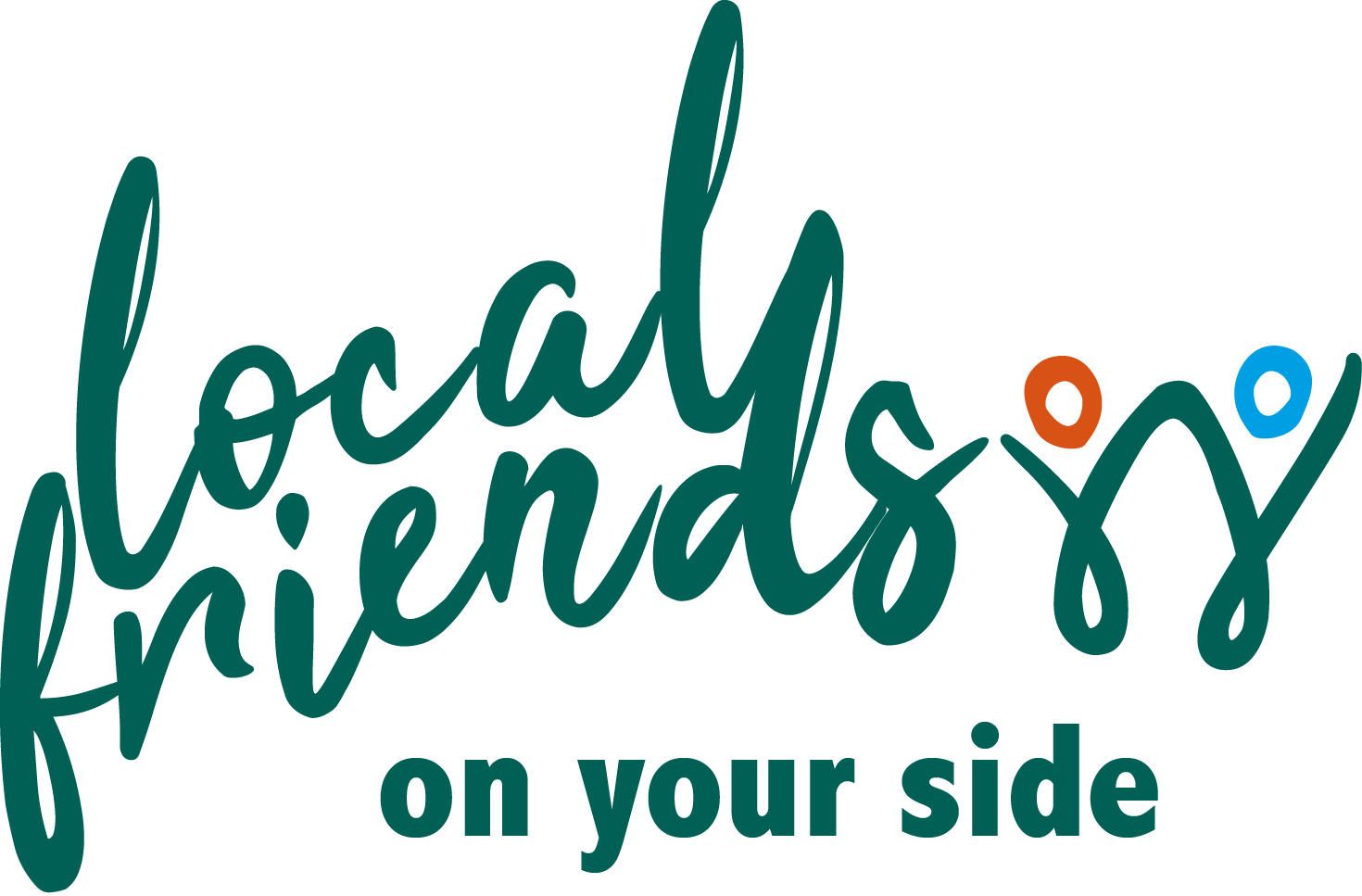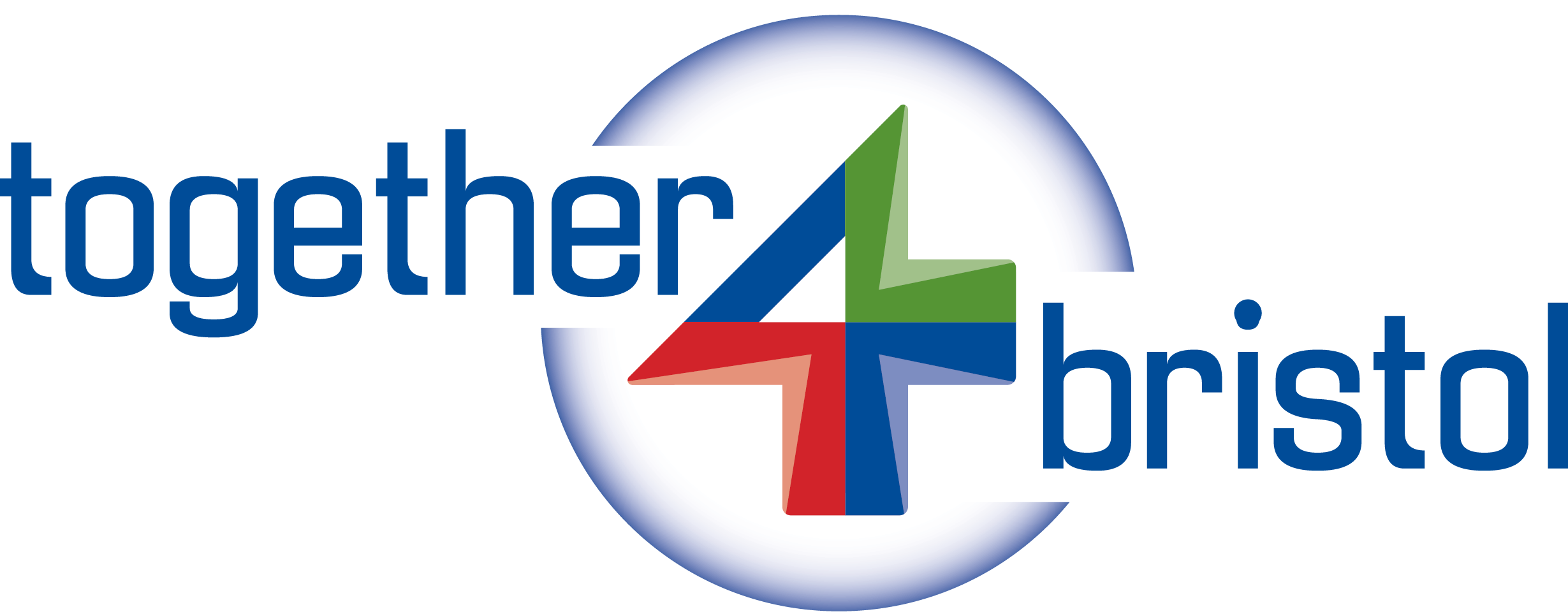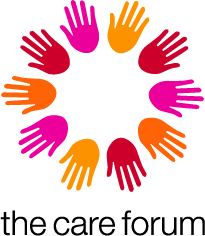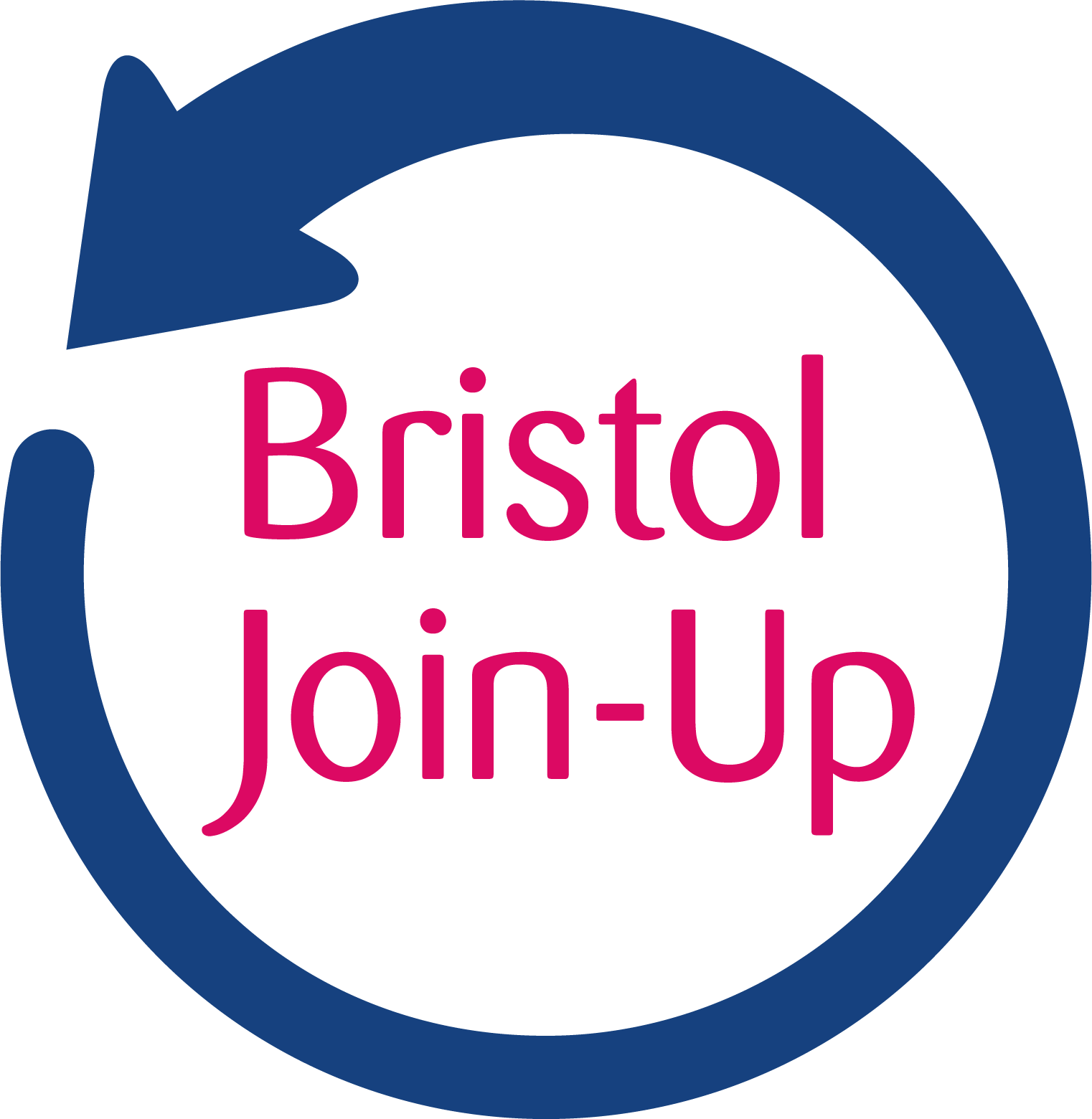About Us
Introduction
Local Friends is all about building relationships, about connecting people.
One of the fundamental problems in our society is the number of lonely, disconnected people.
There are many reasons for this. We can all think of people in familiar circumstances.
- Elderly people whose children have moved away.
- Single parents whose lives revolve around their children and making ends meet.
- Working people who concentrate on their careers but don't know their neighbours.
These situations can be difficult enough on their own, but inevitably other challenges come along, such as
- redundancy
- stress at work,
- divorce,
- bereavement and
- depression.
When this happens, the isolation is no longer just a difficulty you cope with – it makes an already difficult situation impossible. If you are detached from people who matter to you and from ordinary social support systems, you just don't have the resources you need to cope when things get difficult.
When people are struggling, they generally don't feel well, so it is natural to turn to the NHS and ask for a pill 'to help me feel better'. But the basic difficulty is not something which can be fixed with a pill or with other medical treatment. Some medical help may be necessary, but when people are lonely, medical help is not enough.
Social Prescribing
Social Prescribing can often make a big difference. The doctor refers their patient to a Social Prescribing Coordinator, who will have contacts in the local community. The Coordinator may well know of suitable groups, events and meetings which would benefit the patient. But Social Prescribing is not available everywhere – and, even when it it, it is not suitable for everyone.
If someone is lonely because they don't know about the social events in their area, then a referral is brilliant; but if they are lonely because they don’t feel capable of meeting a bunch of new people, then it may not help so much.
Local Friends
This is where Local Friends comes in. The ‘service’ we provide is human contact – spending time with the person who has been referred. The aim is to build a relationship which can then open the door to other possibilities – which may be organised groups such as Social Prescribing uses, it may be informal groups, one-off events, a volunteering opportunity or some other way to build relationships with other people.
Most of the time, the encouragement will be along the lines of, “Why don’t you come with me to …?”, rather than “I suggest you go to …” We also seek to draw in other people as appropriate, so we can continue to make connections with other people being referred. As the network of relationships grows, so too do the opportunities for supporting people.
Local Friends works through a medical professional, such as a GP, referring someone they believe can be helped. The medical professional trusts their Local Friends Coordinator, and the scheme Coordinator knows and trusts the visitor. The visitor and the person being visited do not – at the start – know each other, but they each know the other has been referred, indirectly, by someone they trust: this connection is enough to overcome the initial difficulty of calling on a stranger, or of inviting a stranger into your home.
Where there is a Social Prescribing scheme in operation, the medical professional will generally refer their patient to the Social Prescribing Coordinator, who will then decide when to refer people to Local Friends, and Social Prescribing will be one of the resources which the Local Friends visitor and Coordinator will draw upon in helping the person being visited.
Where there is no Social Prescribing scheme in operation, the medical professional will refer their patient directly to the Local Friends Coordinator, and Local Friends will need to build and maintain their own list of local groups and activities which they can encourage people to make use of. If a Social Prescribing scheme gets started in the area, the list can become the basis of a resource file for the new Social Prescribing Coordinator.
Finally
Here is a short film about Social Prescribing:



